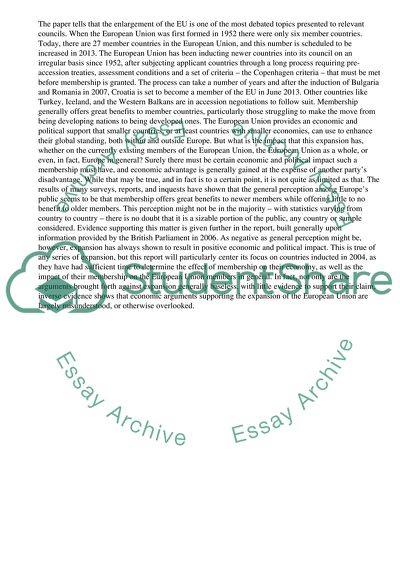Cite this document
(“Economic arguments for further enlargement of the EU Essay”, n.d.)
Retrieved from https://studentshare.org/management/1404421-there-are
Retrieved from https://studentshare.org/management/1404421-there-are
(Economic Arguments for Further Enlargement of the EU Essay)
https://studentshare.org/management/1404421-there-are.
https://studentshare.org/management/1404421-there-are.
“Economic Arguments for Further Enlargement of the EU Essay”, n.d. https://studentshare.org/management/1404421-there-are.


